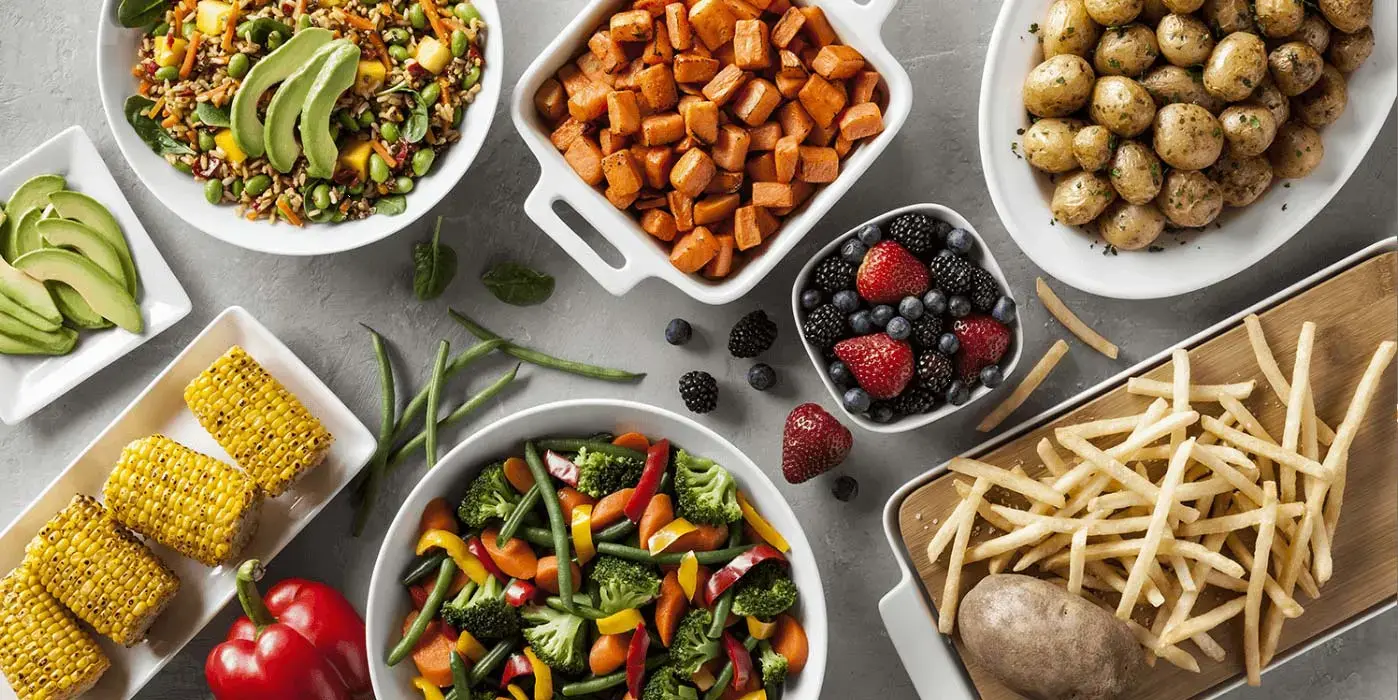Culinary Trends
Chip off the old block
3/7/2024

Meet our growers
Most parents would be horrified if their kids regularly came home covered in red dirt, but sweet potato farmer Peter Greensill is happy that his children are carrying on a family tradition.
Peter is a third-generation sweet potato farmer, and the volcanic red soil of his farm is in his blood. ‘I never really thought of doing anything else,’ he says.
Peter is a member of Sweet Potatoes Australia, a joint venture between the largest producers of sweet potatoes in Bundaberg, northern Queensland, which happens to be a literal sweet spot for potato growers. The region’s temperate weather conditions, long daylight hours, and lower rainfall providing the perfect conditions for growing 52 weeks of the year.
In fact, Bundaberg growers supply about 40 million kilos of sweet potatoes each year—90 per cent of the Australian-grown haul.
Edgell depends upon Sweet Potatoes Australia growers to supply the New Orleans variety of sweet potato used to make their tasty 10mm Sweet Potato Chips. The New Orleans variety holds Edgell’s delicious savoury batter, whilst maintaining its shape and crunch during the cooking process.
It takes between six to nine months to grow a sweet potato, with the plants raised from seed in Peter’s on-farm nursery before the runners are transplanted to the fields. Planting is done to order, in a bid to minimise waste, and the underground crop is harvested by machine, with the plants lifted onto a mesh-like belt that shakes off much of the soil before the potatoes reach a field bin.
Peter’s farm has a strong focus on improving soil carbon and soil health.
‘About five years ago, we built our own green waste facility, so we take in about 40,000 tonnes of green waste, we munch all that up and create compost out of it,’ Peter says.
The compost and mulch is then dug back into the soil. The results have been dramatic. Not only has it increased carbon sequestration, it reduces water use, increases yields, reduces issues with pests and diseases and the need for chemicals, and enhances the nutrients in the already fertile soil.
‘A significant quantity of the nutrients that the plant uses are all coming from that composted plant material,’ Peter says.
Once picked, the potatoes are taken to the packing shed for washing, grading, and packing, with the larger potatoes destined to be made into Edgell’s chips – which just so happen to be Peter’s favourite way to enjoy the sweet potatoes he grows and loves.



